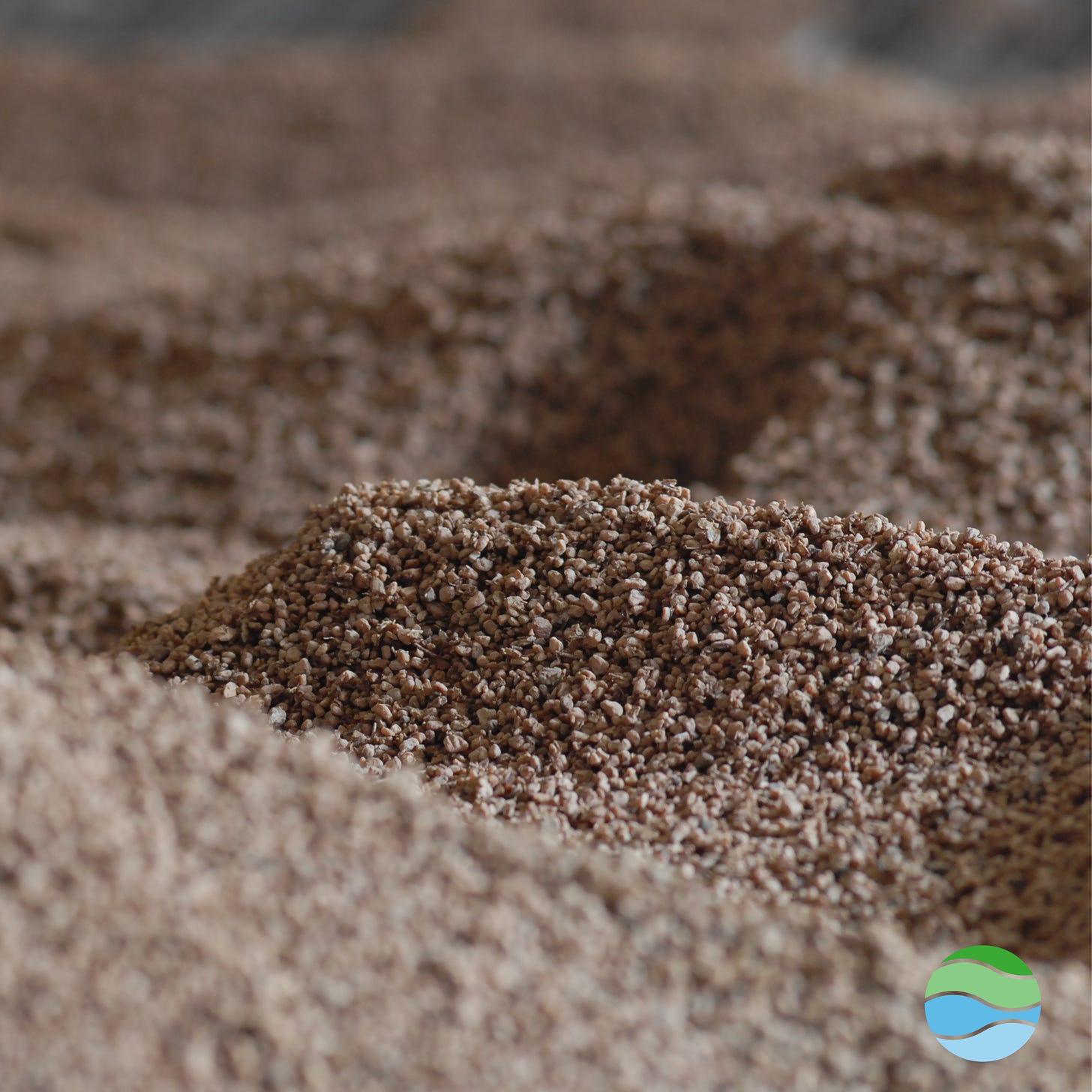Welcome back to the Restored.cc newsletter, thanks for signing up!
Today’s edition comes hot on the tail of episode 4 of the Carbon Removal Show, where we discuss BECCS and Biochar.
Tom and Emily discuss the capabilities and limitations of these two different but connected biomass based negative emission solutions and reveal how they fit into the overall picture of carbon removal.
Emily’s thoughts
In this week’s episode of The Carbon Removal Show, I call out Tom for his vague lexicon when talking about BECCS. Words like “potentially”, “perhaps”, “in theory”... they feel frustratingly noncommittal, and yet Tom was absolutely right to use this kind of language.
A lot of carbon removal technology at this stage is experimental. Henrietta Moon of Carbo Culture admits that their pilot facility in California continues to test for the best input in their production process and is still very expensive to run. And, well, Tom talks us through the current numbers for BECCS during the episode. Spoiler alert: on balance, they’re currently emitting carbon. That’s right. The big name in carbon removal technology, BECCS, currently emits more CO2 than it captures.
At this point you might be thinking, why bother? Playing with a new bit of tech is all fun and games until we start spending all our inheritance and adding to the carbon problem we’re supposed to be solving. And, yes, I totally understand your concern. On the surface it can sound like we’re regressing or wasting precious time and resources with all this carbon removal stuff. But in reality, it’s more like taking one step back in order to take several leaps forward.
All innovations go through an awkward teenage phase where they’re still figuring themselves out, trying to understand what they can contribute to society, and sponging off their parents in the meantime. The inevitable carbon costs of developing carbon negative technology should be a further incentive to decarbonise existing systems, not motivation to give up on carbon removal. For example, in the case of BECCS, imagine if the agriculture industry were to be widely decarbonised. That would cut the emissions of the current BECCS processes significantly, it could fast track the development of BECCS and exponentially boost its overall impact. As for the financial costs, they are also inevitable, and something we will talk more about in upcoming episodes.
The need for carbon removal technologies is clear and urgent. The road to their maturity will be imperfect and uncertain. But their potential impact is huge, vital and promising. That’s what we’re all so excited about.
This episode's guests
Many thanks to our excellent guests in this episode:
Dr Naomi Vaughan, Senior Research Associate at the Tyndall Centre for Climate Change Research
Pia Henrietta Moon, Co-founder & CEO at Carbo Culture
And finally
Thank you for your support! We are still kicking round both the Nature and Science podcast charts in countries as varied and far flung as Austria, Australia, Italy, New Zealand, Switzerland and Canada.
This is all thanks to you and we couldn’t be more grateful.
If you have a moment and you like the podcast, it would really help us if you would stop to leave us a review wherever you listen to podcasts - or tell a friend about us if your platform doesn’t take reviews! Your positive thoughts are the biofuel that powers the algorithm and helps more people learn about this important part of climate science!
Thanks also to Patch for sponsoring the show.
Until next time,
The Restored.cc team



